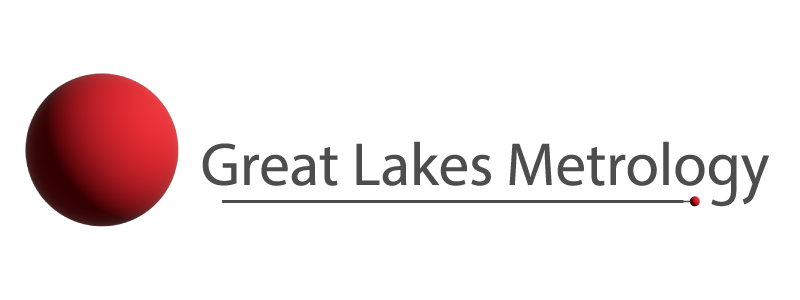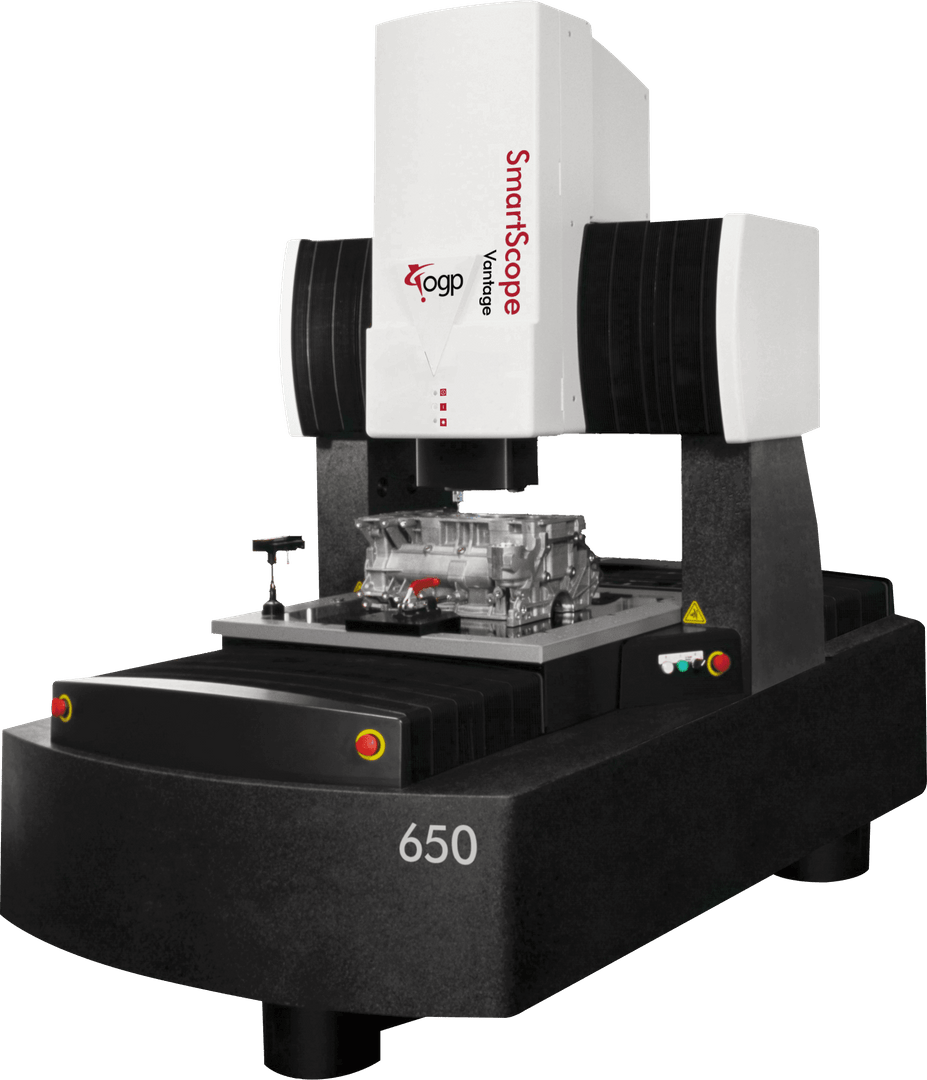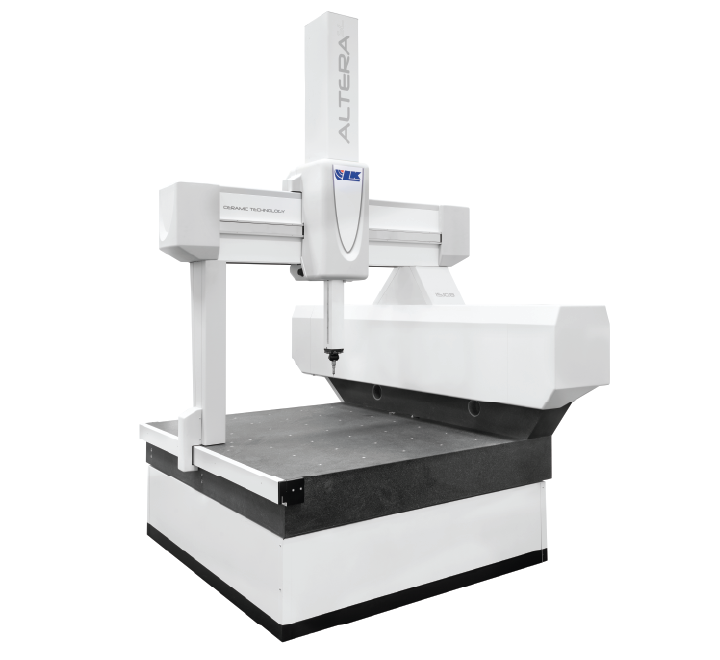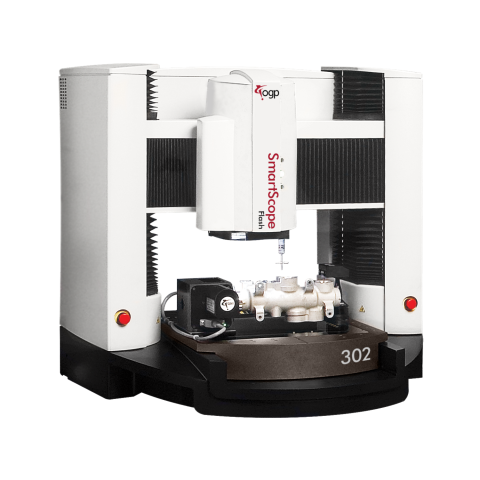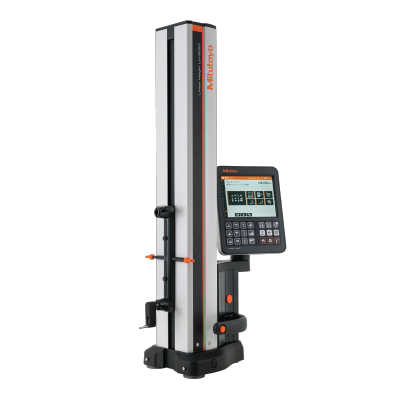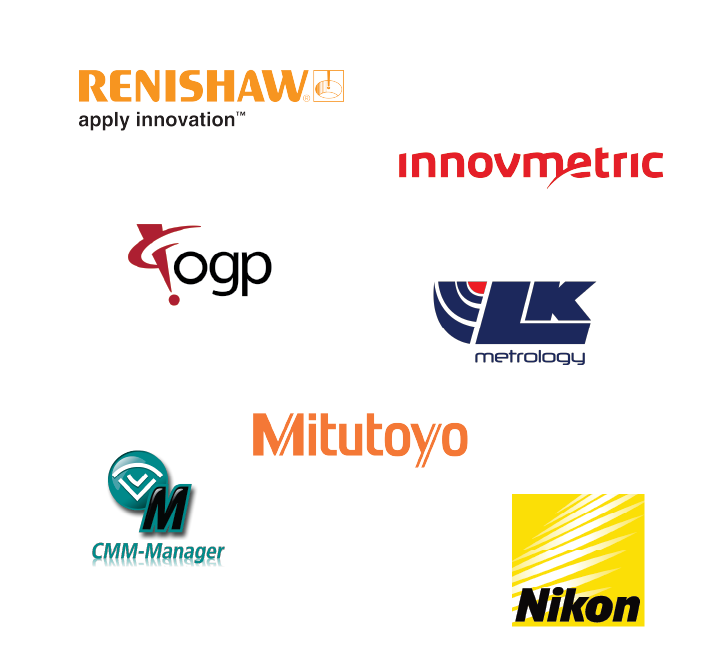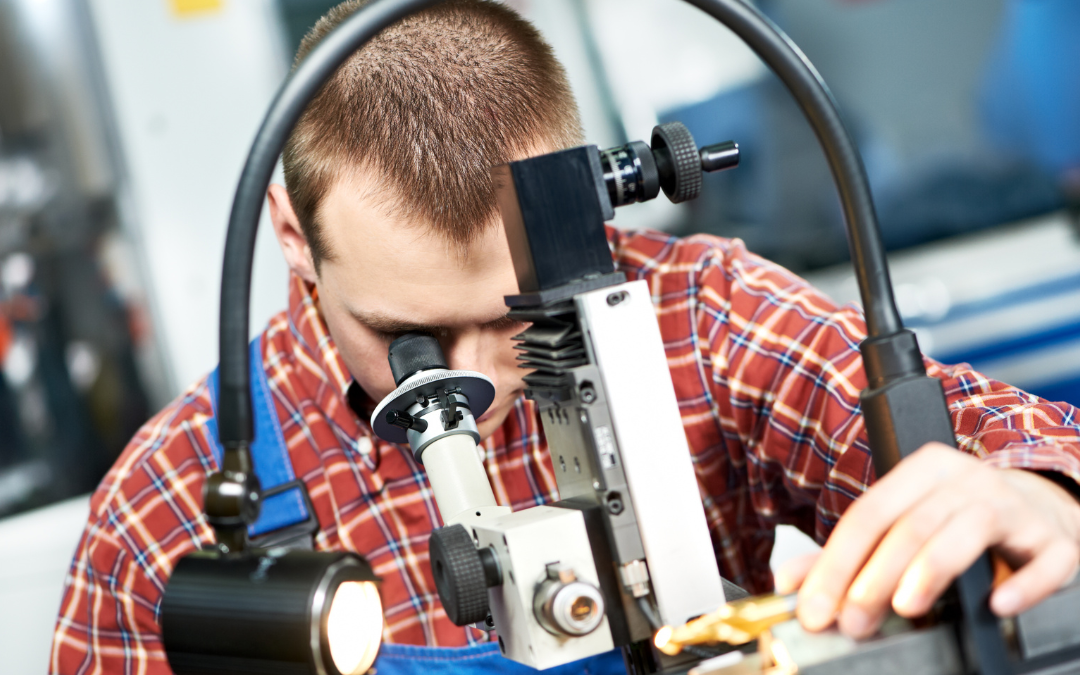Metrology equipment plays a crucial role in ensuring accurate and precise measurements in various manufacturing processes. It is an essential tool for quality control and the study of measurement. With the ever-increasing demand for precision in manufacturing, metrology equipment has become an integral part of quality assurance.
What Is Metrology Equipment?
Metrology equipment includes a wide range of precision measuring tools that are used to measure different aspects of manufactured parts. These tools include geometric dimensioning tools, such as laser probes, that help measure surface roughness and surface finish on both flat and curved surfaces.
In scientific studies, reliable measurements are crucial, and metrology equipment ensures the assurance of measurements. This equipment enables 3D measurements that are vital for understanding and analyzing complex objects and their dimensions.
Where Is Metrology Equipment Used?
Metrology equipment is used in machine shops and factories with large machinery where the measurement of critical dimensions and external dimensions is of utmost importance. Industries that use metrology equipment include aerospace, automotive, electronics, manufacturing, medical, plastics, and more.
Types of Metrology Equipment
When it comes to metrology equipment, there is a wide range of tools and instruments available to measure and assess various aspects of manufacturing processes. These equipment types play a crucial role in ensuring accurate measurements and guaranteeing the quality of the final products.
3D Laser Scanners
One of the most advanced and efficient metrology tools available today is the 3D laser scanner. This powerful instrument revolutionizes the way measurements are taken in industries such as manufacturing, architecture, and forensic investigations.
Using the principle of triangulation, 3D laser scanners capture highly detailed and accurate data by emitting laser beams and measuring their reflection off the object’s surface. These scanners can capture millions of data points in a matter of seconds, creating a comprehensive digital representation of the object or scene being scanned.
Coordinate Measuring Machines
Coordinate Measuring Machines (CMMs) use a combination of mechanical, electrical, and optical systems to measure the physical geometrical characteristics of an object, ensuring its dimensional accuracy.
The core principle behind CMMs is the use of a probe that comes into contact with the object being measured. The probe is attached to a mechanical arm or gantry, which allows for precise movement in three dimensions: X, Y, and Z. The arm or gantry is controlled by a central processing unit (CPU) that receives instructions from a computer system.
Industrial Microscopes
Industrial microscopes are specialized microscopes designed specifically for industrial applications, providing detailed insights into the quality and characteristics of manufactured components.
Industrial microscopes utilize advanced optics and magnification systems to provide a closer look at objects under inspection. They are equipped with high-quality lenses, illumination sources, and image capture devices, allowing for clear and detailed visualizations of even the smallest details. They are particularly useful when dealing with small or intricate components, such as those found in electronics, aerospace, or medical device manufacturing.
Optical Comparators
Optical comparators employ the principles of optics to magnify and analyze the dimensions and features of objects with exceptional precision. At its core, an optical comparator consists of an illumination source, a lens system, and a viewing screen.
The object being measured is placed on a stage beneath the lens system, and the light source directs a beam of light onto the object. The lens system then magnifies the image of the object and projects it onto the viewing screen.
One of the key advantages of optical comparators is their ability to perform non-contact measurements. The magnified image allows operators to observe the object without physically touching it, which is particularly useful for delicate or sensitive components. This eliminates the risk of introducing measurement errors or damaging the object during the inspection process.
Surface Roughness Measurement Devices
Surface roughness measurement devices allow for precise measurement of the irregularities and textures present on a surface, providing valuable information about its quality and performance.
One commonly used surface roughness measurement device is the profilometer. It consists of a probe, typically with a diamond stylus or a laser, that scans the surface to measure its height variations. As the probe traverses across the surface, it records data points at regular intervals, creating a profile of the surface roughness. This profile can then be analyzed and quantified using parameters such as Ra, Rz, and Rq, which provide valuable insights into the surface texture.
Laser Tracker Systems
In the world of metrology, laser tracker systems have emerged as one of the most advanced and versatile tools available. These innovative systems are revolutionizing the way measurements are taken in various industries, including manufacturing, aerospace, and automotive.
How do laser tracker systems work? At the heart of this technology is a small and highly precise laser that emits a beam of light. This laser beam is directed towards a retroreflector, which is typically attached to the object being measured. The retroreflector reflects the laser beam back towards the tracker, allowing it to calculate the position and orientation of the reflector with exceptional accuracy.
Laser tracker systems also offer a tremendous advantage in terms of speed and efficiency. With their high measurement speed and real-time feedback, they can significantly reduce the time required for measurement processes. This not only improves productivity, but also allows for faster analysis and decision-making during manufacturing processes.
How Great Lakes Metrology Can Meet Your Needs
With a deep understanding of manufacturing processes and quality control, Great Lakes Metrology provides comprehensive solutions to meet your metrology needs. Specializing in the study of measurement and quality assurance, they ensure your products meet the required standards.
Great Lakes Metrology offers a wide range of precision measuring tools, including 3D laser scanners, coordinate measuring machines, optical comparators, and more. These tools are designed to provide reliable measurements, whether you are working with geometric dimensions or assessing surface roughness and finish.
One of the key strengths of Great Lakes Metrology is their expertise in dealing with curved surfaces. They understand the challenges involved in measuring non-planar objects and have developed innovative solutions to ensure accurate results. Their laser probes and non-contact probes enable them to perform 3D measurements with ease, providing assurance of measurements even on complex surfaces.
Great Lakes Metrology is your go-to partner for all your metrology needs. Call toll free 1-616-788-7726 for more information!
